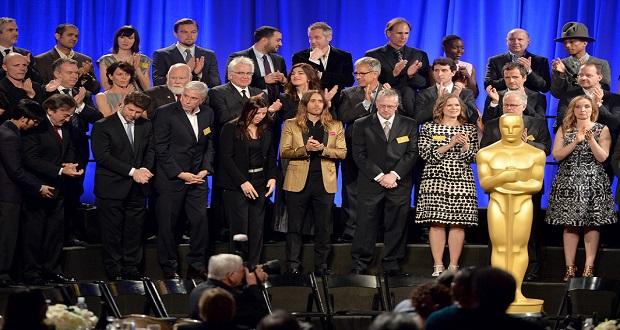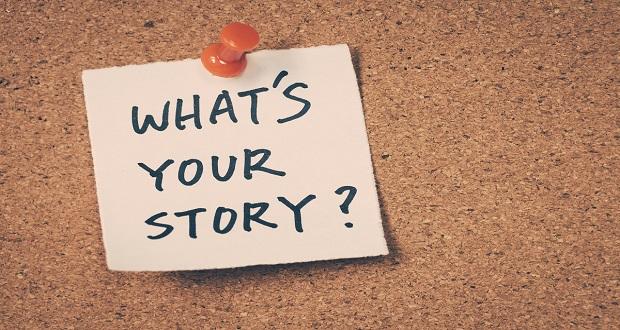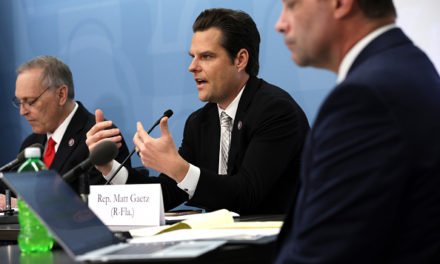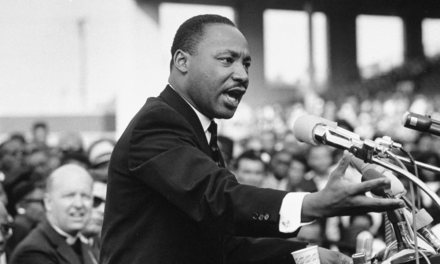I am in my late twenties now, and I only have a few real hobbies. That’s because as a young person trying to make it in corporate America, I’m not really allowed to have much of a life away from work – I’m convinced that’s by design. I enjoy reading, traveling, and working out. I also really enjoy going to the movies; it’s nostalgic, an escape, my safe place and something to do. But after seeing War for the Planet of the Apes last week, I’m strongly considering finding a new hobby.
To be clear, I’ve thoroughly enjoyed this whole recent Planet of the Apes series in theatres (Rise of the Planet of the Apes, Dawn of the Planet of the Apes and War for the Planet of the Apes). I’ve watch from the beginning when Caesar was born to a mother who was the subject of scientific experiments all the way to his betrayal by his own kind in a fight to protect the well-being of all apes. I’ve watched Caesar grow into his kingdom, and it’s been one hell of a ride. However, when I was trying to enjoy the latest addition to this saga, I was reminded – Hollywood is NOT for the culture.
Without going into great detail, let’s just say that the depictions of slavery, white saviors and “building walls” all fall into the category of things I am NOT here for these days. Ironically enough, my own less-than-satisfactory experience coincided with the University of Southern California’s Annenberg School for Communication and Journalism’s study on representation in Hollywood.
While I mumble angrily to myself over the Planet of the Apes series, there is a much more serious issue taking place in Hollywood. The aforementioned study analyzes the racial, gender, disability and LGBT representation in Hollywood, and, not surprisingly and despite award-winning films such as Moonlight and Hidden Figures, Hollywood is still heavily dominated by white males.
I’m a firm believe that context is everything, and there is no better way to add context than with the numbers. According to the report, of 4,583 speaking characters in the top 100 films in 2016, only 31.4 percent were women. Despite the push for Hollywood to diversify, that number remains largely unchanged in the last ten years. Examining the impact of intersectionality, it was found that of the top 100 films, 47 featured no Black woman, 66 had no Asian women and 72 had no Hispanic women. The report also analyzes the invisibility of people with disabilities and members of the LGBT community in Hollywood.
Each year, however, there are signs of hope. In 2017, for example, Wonder Woman marked the first time in more than a decade that we saw a female-led superhero film. Girls Trip earned $31.25 million in its opening weekend and is likely to be the most popular comedy of 2017. Opening this weekend is Detroit, which is a film based on the Algiers Motel incident in the 1960s. So, while Hollywood’s lack of diversity can be discouraging (and even frustrating…), when given an opportunity, underrepresented actors and actresses will perform. And when they do, we must support!



















